

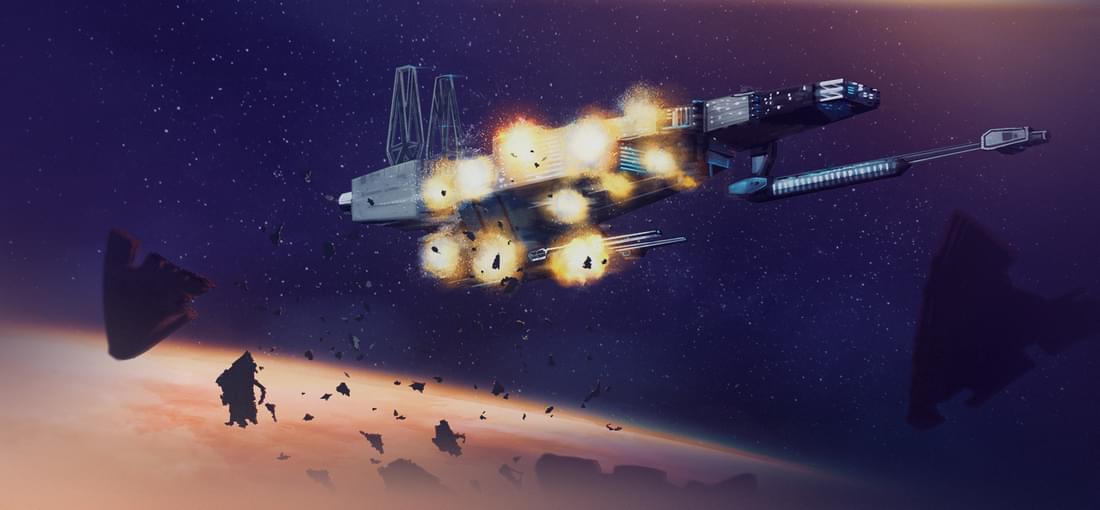
A classic adventure game. One of the few well-made FMV games, but not as well known as classics such as Wing Commander, Tex Murphey, or Gabriel Knight. The FMV portions are only at the beginning, end, and key moments throughout the story. They are well utilized. If you're familiar with Legend Entertainment, the majority of the game follows their adventure game format. For those that are not familiar with Legend, the game plays like an interactive novel, with logic puzzles to push the story forward. The puzzle design makes this game stand above many others in the genre. Most of the puzzles are not only logical but fit the environment and atmosphere of the game. Making the game flow in a way that feels natural, not forced. The story can be broken down into three acts. The first is repairing the Ship. The second explores the planet Persephone, and to avoid spoilers, i'm not going into the third act. The game also features an excellent tactical mini-game that builds on the experience where it could have easily been an interference. It comes up later in the game and makes sense to the world building. The game feels like an interactive sci-fi novel worthy of Clark or Heinlein. It may be over twenty years old, but it still holds up due to the art design. This is a game I find myself drawn back to every few years. The GOG version is solid. No sound issues, the video plays as smoothly as designed 20 years ago for contemporary technology. If you're looking for an immersive adventure game with excellent writing, give this one a chance. If you enjoy classic adventure games, this forgotten gem won't disappoint.
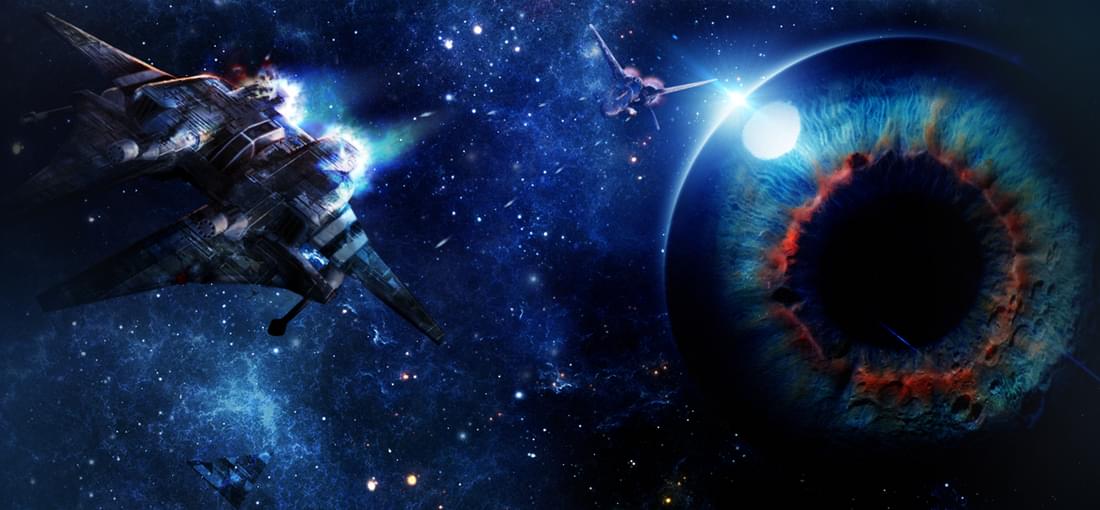
Privateer 2 is the type of game you only play for the story. The gameplay doesn’t reach the level of depth the original had. There is a lot of repetition in the missions and there really isn’t much to do in the game that will keep your interest except for the story. The writing is excellent and the FMV is done in a particular style that might not be for everyone. The best thing I can compare the style to is older British Sci-Fi, similar to Blake’s 7 and some of the darker classic Doctor Who episodes. The tone of the story is dark and almost dreamlike at times. The game features a large cast of skilled actors such as Brian Blessed, John Hurt, Clive Owen, and Christopher Walken. The quality of the Story is equivalent, to Wing Commander IV. However, WC4 improved upon the story presentation and gameplay of WC3. Privateer 2 surpasses the story of the original by leaps and bounds, but the gameplay take a step backwards, giving the game an unbalanced feel. If you’re looking for a well written, well acted, and stylistically filmed sci-fi drama, I highly recommend this game. If you’re expecting gameplay as engaging as the original, you’ll be disappointed.
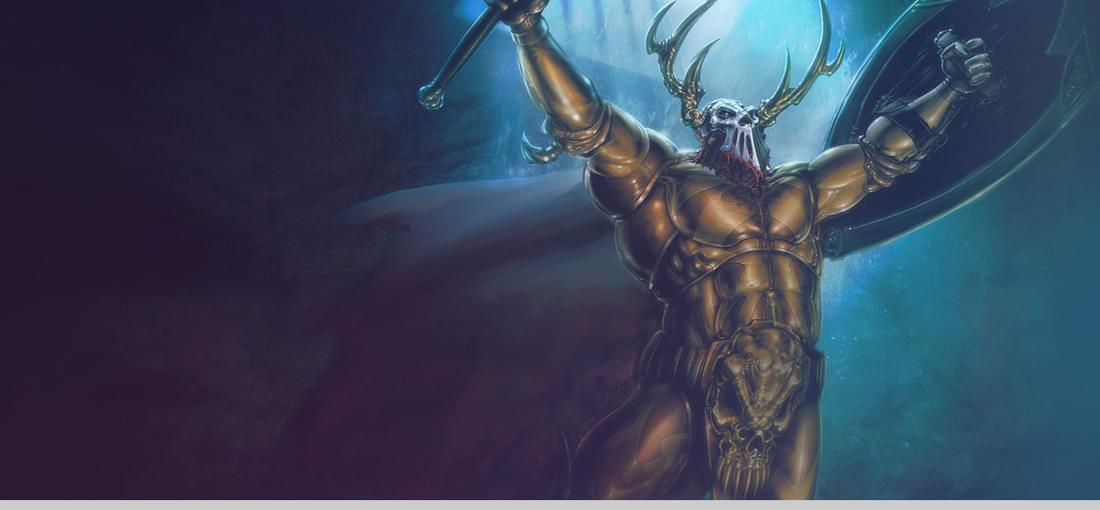
Warlords Battlecry II is a RTS experience that is worth the time for several reasons. The graphics are excellent for the time and still hold up well, but what makes this games standout is its depth. Instead of the arbitrary three races (Orcs, Humans, and Elves) found in most Fantasy RTS games, we find twelve in Battlecry II. Each race has its unique attributes and the game feels well balanced. The 12 races don’t feel slapped together just so the developers can say “Hey look we made 12 races.” If you’re a huge fan of the first game, I must warn you of one thing lacking from II, is the story. Battlecry II replaces the story with a campaign mode. The campaign is fun and interesting, but if you need a story to drive you through your gaming experience, I recommend playing the original. Everything else is an improvement upon the original. What makes Battlecry II standout from the rest is the unique combination of detail, unit options, and balance. In many games we see a compromise of one or several of these aspects to appeal to a wider audience. Battlecry II managed to create a massive Fantasy RTS experience while being accessible to multiple styles of play.
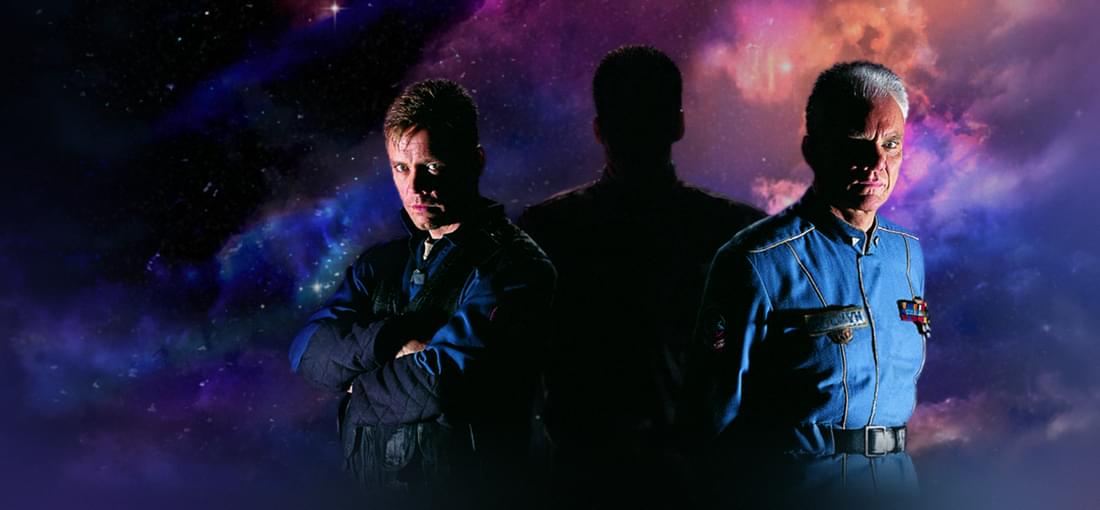
The best of the Series. Wing Commander 3 was a technological leap forward, but had its flaws due to the technology available at its time. Wing Commander 4 refines the advancements found in WC3 and creates what many agree to be a masterpiece of interactive science fiction. The gameplay was improved by allowing more ships on the screen, far more detail than what was found in WC3, and the missions are more diverse and interesting. You still won’t find the scale seen in Freespace, but WC4 is impressive for its day and is still enjoyable to play. The plot is considered by players and critics to be one of the best in PC history. WC4’s plot falls after the Kilrathi war and is easily accessible for those who never played a Wing Commander gamer before. The plot is well paced, well acted, and complex. If you’re a sci-fi fan this one is a must. During a time when FMV games were churned out with no regard for quality, WC4 was far above the rest. WC4 is a masterpiece of its day and is still an impressive experience 17 years later.
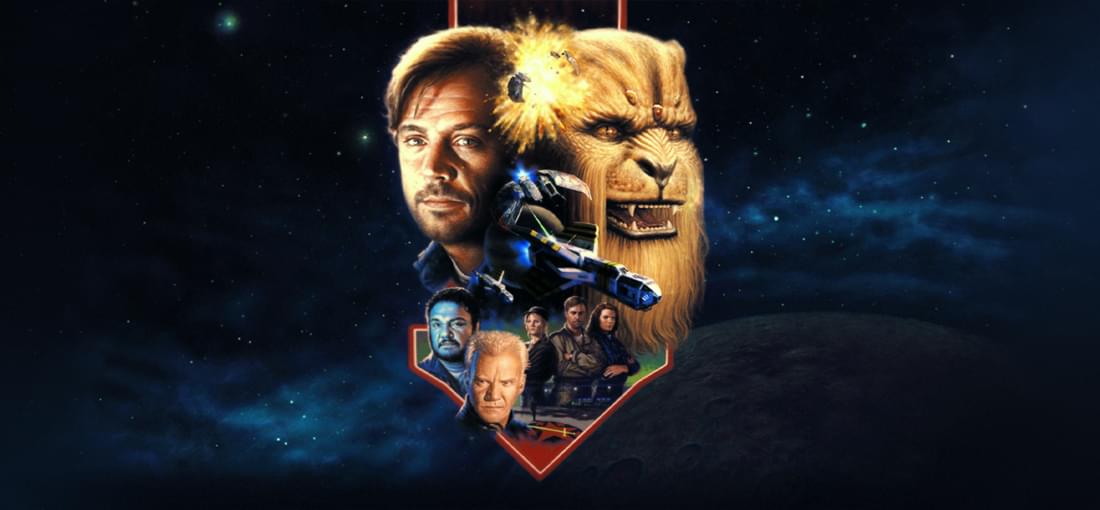
Wing Commander 3 is a major example of the evolution of Computer Gaming. It was one of the first games to utilize full motion video for the narrative portion of the game. The flight engine is a major improvement over Wing Commander 1 and 2. This is a necessity for WC fans and retro gamers who love story and space sims. The space battles are more detailed, but are still limited to just a few ships on the screen at the same time. The technology at the time simply couldn’t handle the epic space battles found in more modern space sims such as Freespace. However, the narrative does a good job at making the battles feel more epic. Planetary missions are added to this addition to the series and provide a variety to the space missions. However, I personally feel that due to the technology of the time this is actually one of the weaker games in the series. Historically it’s without question a breakthrough game. The in game graphics, the FMV, and the production quality were all revolutionary for the time. The acting is by far some of the best you will ever see in a FMV game. However the story feels rushed and anti-climactic for the final game in the Kilrathi war. I feel this was due to the storage constraint of early CD-ROMS and full motion video. This is proved by the infamous deletion of an important cinematic that explains why a certain character does a major action later in the game. Also, the numerous news casts that were deleted from the PC version. Despite the need to trim the game to fit on the original 3 discs, the game is still a decent size for its time and the genre. I think in total there are over forty missions, I average about 35 missions on the winning path. I still highly recommend this version, because it came first and it is the finale of one of the greatest trilogies in computer gaming. When you get to the “Why the hell did that just happen?” watch the deleted scenes GOG added. The deleted scenes help fill out the story and give it more of an epic feeling. Apparently GOG put a lot of extras in this one including one of the novels. They went all out for a $5.99 title. This sets the stage for Wing Commander 4 which refined everything Wing Commander 3 revolutionized and is in my opinion the greatest of the series and a true masterpiece. Three is a flawed gem, but a gem nonetheless.
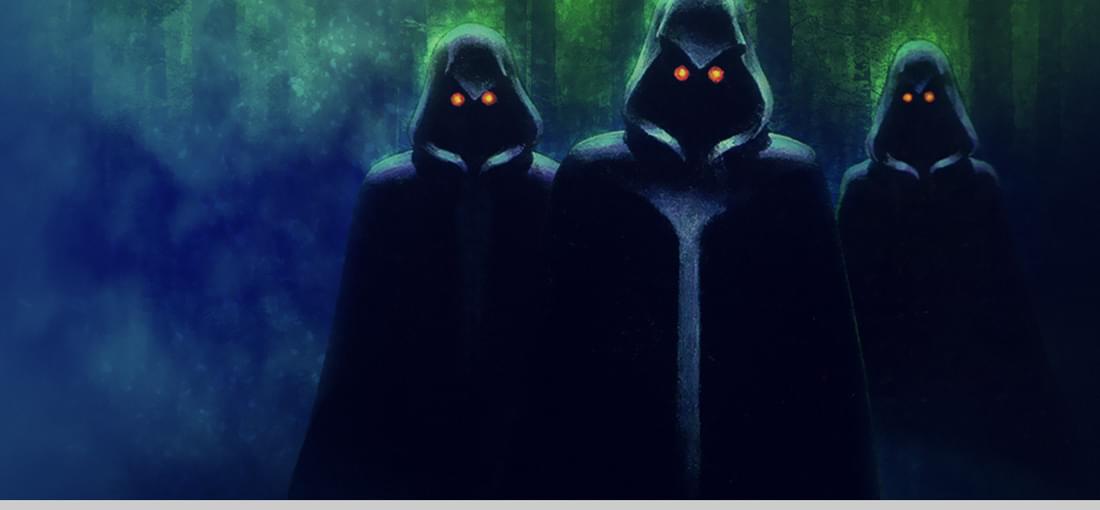
Ultima 4 is where the series set a standard that many games still have difficulty matching. Ultima 4 introduces a conversation system unique for its time. Space was very limited during this time period and Origin masterfully tells a narrative through a system that flows forward through the use of keywords. There is a great video out there that shows this in action just do a search for Ultima 4. This system allowed for Origin to tell a story (though limited by today’s standards) when combined with imagination brought forth an epic quest that may not have stood the test of time graphically, but is still enjoyable when you let your imagination go. This is the where the series becomes the evolutionary driver in CRPG’s. With Ultima 4the goal moves away from the standard RPG “acquire as much experience and the one or three special items required to kill the boss” to “become a person of virtue”, a revolutionary concept that hasn’t been surpassed to this day. Ultima 5 is my personal favorite in the series. It tells a narrative darker and broader than any of its predecessors. It builds upon the concept of virtue and brings in shades of gray. The story is even more enjoyable if you played Ultima 4, due to the emotional investment you’ll have toward the world you are thrown into. Ultima 5 expands on Ultima 4’s achievements and truly creates a masterpiece of dark fantasy. Ultima 6 was the first in the series to utilize VGA. It has some quirks with the GUI system that will frustrate people who are used to a modern intuitive interface. Origin realized this and improved upon the interface with Ultima 7. Once you get used to the GUI it’s functional and won’t inhibit the experience. The narrative is interesting. Some find it to be a little preachy. Personally, I enjoyed it. Not as much as 5, but still a great experience. When looking at these games with a historical perspective you will be truly impressed by a massive world brought to life with extremely limited technology. These games are old. Know what you’re getting into. Retro gamers who love RPG’s will love these. They are deep games that show the evolution of Computer Gaming with each edition of the series. These games created a standard that drove the genre forward. The character creation system in Morrowind pays homage to the system found in Ultima 4-6. These games fall into a category that I can only describe as a historically vital part of Computer Gaming culture. They may not be for everyone, but every gamer has experienced the effect of this evolutionary series.
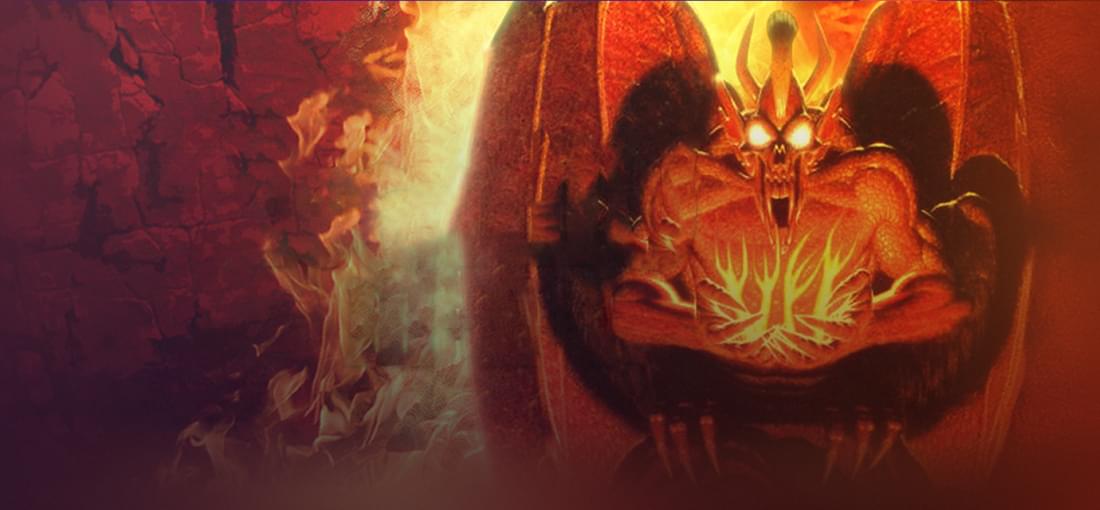
This is the first trilogy in the one of the greatest RPG series of all time. However, the first three are going to appeal more to hardcore fans of the series and those truly interested in retro gaming with imagination. These games are from the beginning of commercial computer gaming. Origin Systems was infamous for pushing computer systems to the limit. These three are from the very beginning and the designers did a lot with very basic graphics. Even for their time, the first three required a lot of imagination. Ultima 1 in this package is actualy the EGA remake. Same core game; updated graphics. Ultima II is considered the weakest in the series. The graphics are actually worse than Ultima I, because it was never remade. Ultima II is difficult in the begining, There are many walkthroughs available for those that wish to challenge it, but get frustrated. Ultima III is one of my favorite RPG’s, It was the first RPG, I ever played and sparked my imagination and interest in RPG’s ever since. Still lacking in graphics by today’s standards, but Ultima three was revolutionary for its time and sparked a lot of imitations. You don’t need to play the earlier games to enjoy the later ones, but going through the entire series (Ultima 1-9) is a must for hardcore retro games who want a perfect example of the evolution of CRPGS. Also, there are many references to Ultima III in Ultima VII part 2. Richard Garrott and Origin weaved together a fantasy world like no other. The first two are mixed with experimentation and can be off the wall at times. Garrott hits his stride with Ultima 3. Know what you’re getting into before buying this one. This is a piece of history, no fancy updates, no sweeping visuals, even the stories are basic due to lack of disk space at the time, but these three are a truly influential piece of CPRG heritage.
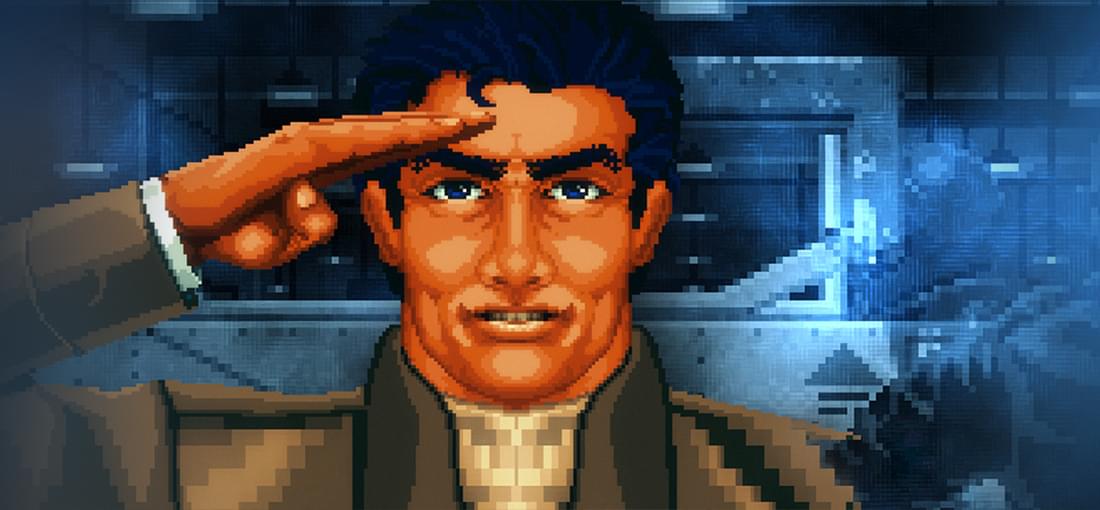
If you’re truly interested in retro gaming and space sims, this is a must. The first two have certainly aged, but they are true classics. Wing commander I was state of the art during its initial release. There was nothing else like it on the market at the time. In Wing Commander I the story is interesting and sets the stage for the entire series. However, it is not as fleshed out as Wing Commander II or the later installments of the series. WC2 is a true epic. It refines the engine of WC1 and tells a dynamic and engaging story. The story branches available in WC1 are impressive, but WC2 improves upon it and not many games were able to match it until recently. My personal favorites in the core series (WC1-WC5) are WC 2 and WC 4. WC 1 is a classic, but WC2 takes all of the elements of WC1, refines it, and the result is one of the greatest gaming experiences of the 1990’s. Turn off the lights, grab a flight stick, and lose yourself in this sci-fi epic.